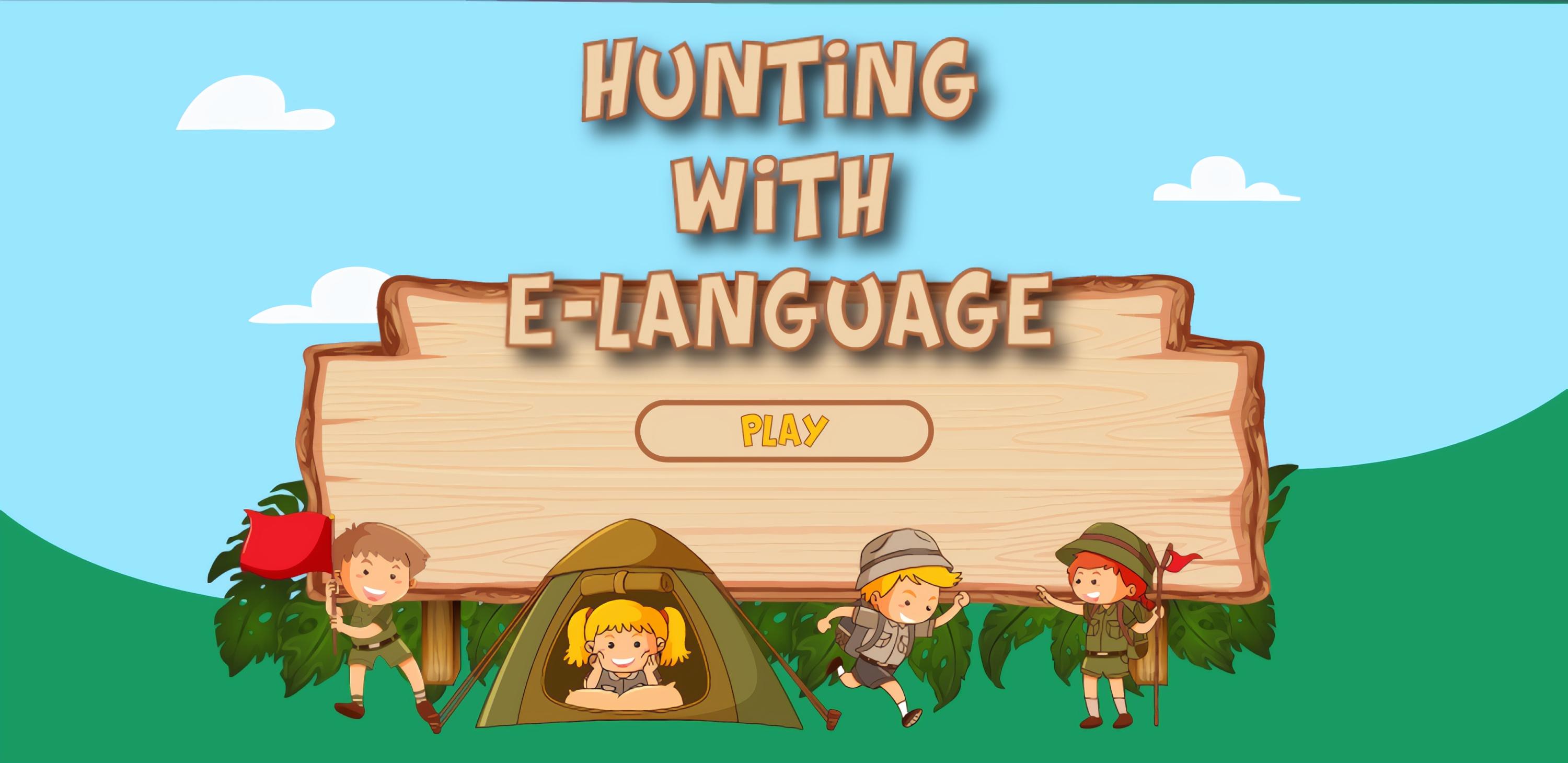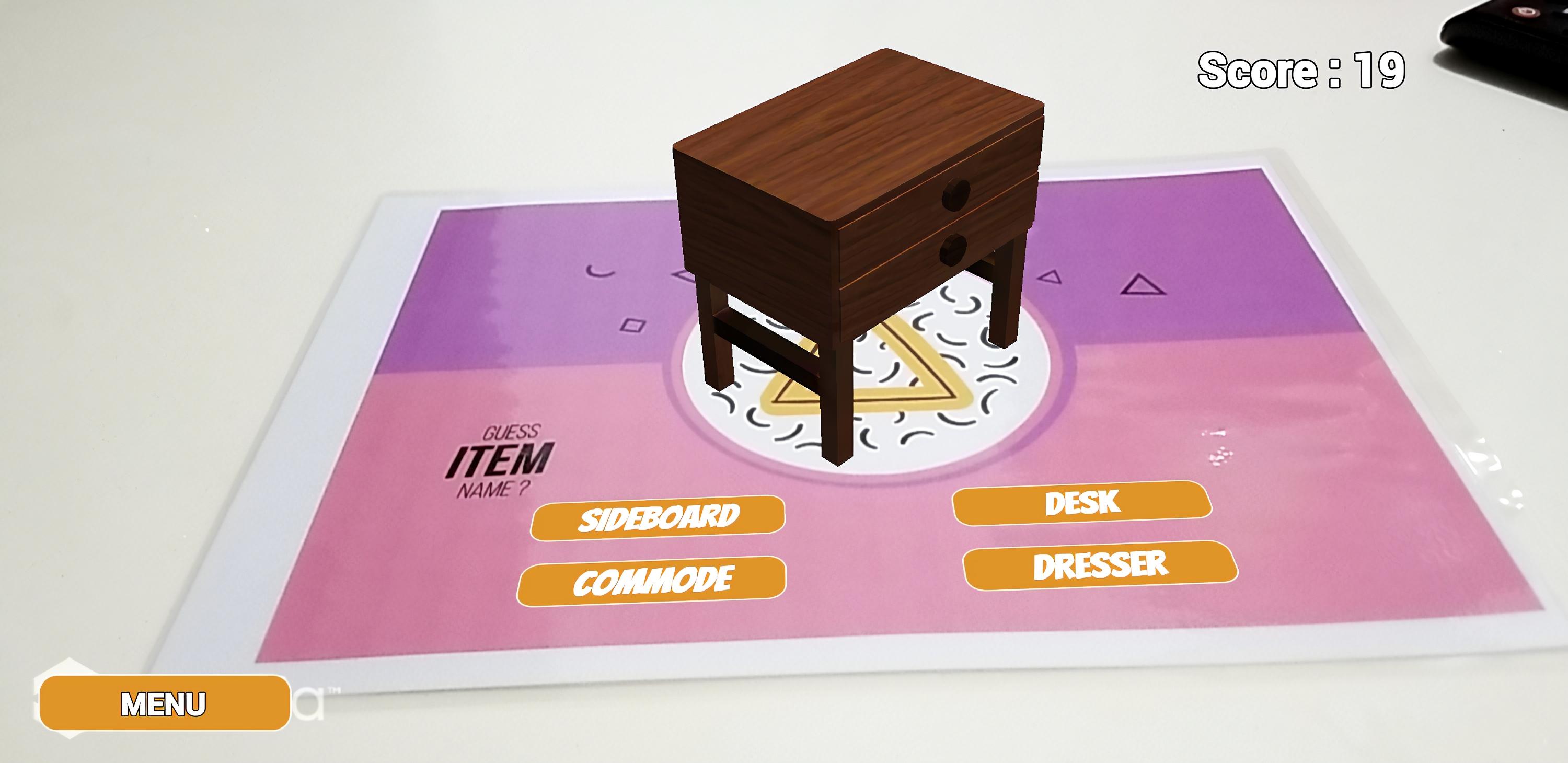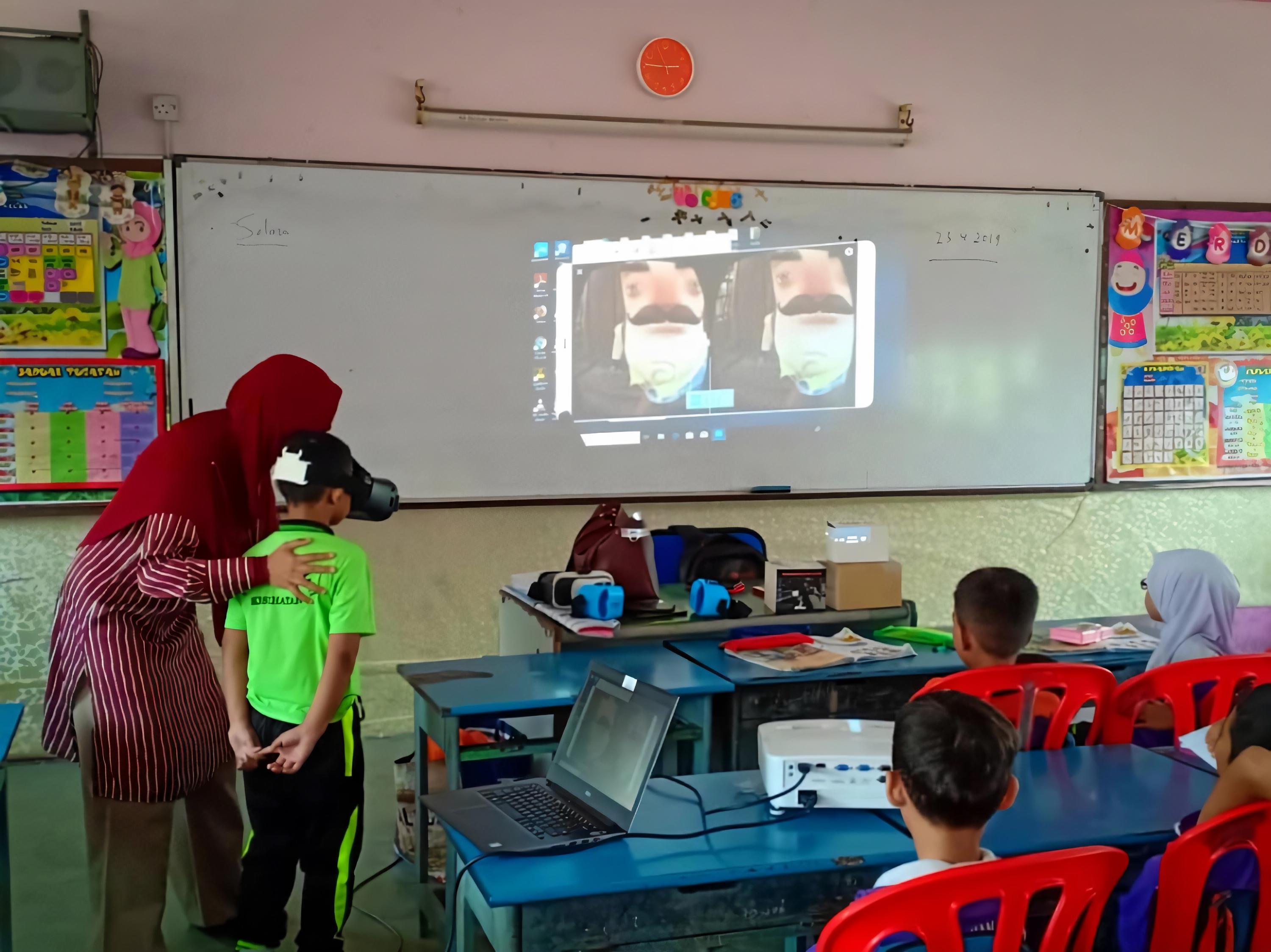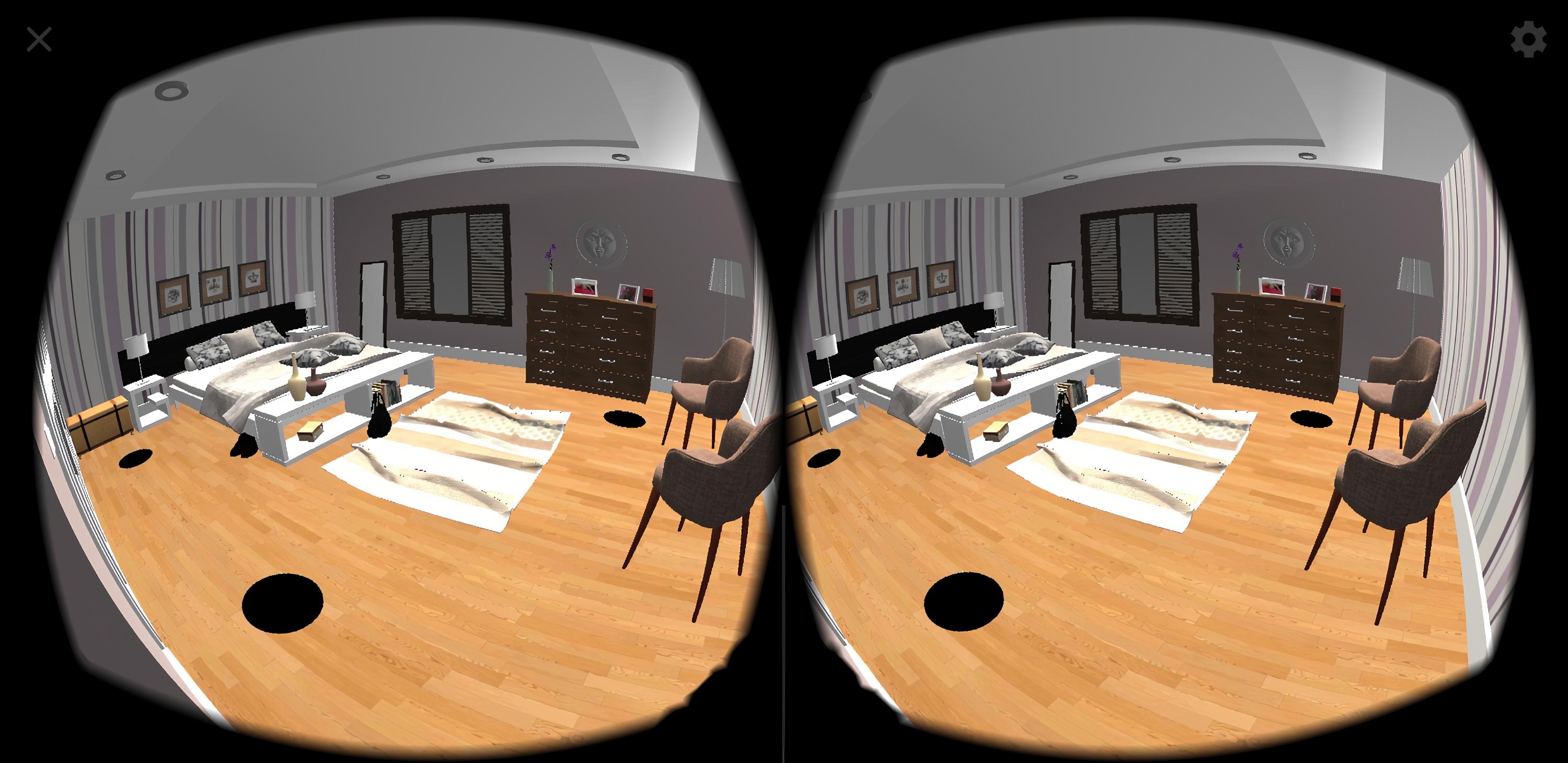By: Azman Zakaria

SERDANG - Researchers from Universiti Putra Malaysia (UPM) have successfully created a set of English language enrichment games using the Augmented Reality (AR) and Visual Reality (VR) technology for Year 2 and Year 3 (8 to 9 years old) primary school students or specifically for students with learning difficulties allowing them to learn English in a fun way.
The innovative learning method named ‘E-Language Exploration 2020’ is an exploration-based programme or language exploration that focuses on vocabulary that will be learnt by students in the syllabus.
The vocabulary includes prepositions and objects (nouns) that they use in the classroom and at home.

Dr. Ilyana Jalaluddin, Leader of the research group, said the learning process of the language in the programme was organised in a relaxed atmosphere where the interactive game elements were assimilated into the programme.
She added that the game's interactive elements are supported by the AR and VR applications named ‘Hunting with E-Language’ to encourage critical thinking skills.

She explained that it is not easy for English as a Second Language (ESL) students to learn English, especially for low achievers or students with learning difficulties.
Dr. Ilyana, a senior lecturer at the Faculty of Modern Languages and Communication, UPM, said these students needed more learning assistance than usual to enable them to have an interesting and effective learning environment.
“Currently, most learning tools are based on traditional learning materials. Teachers need to fully utilise the material creatively.

"Solely depending on these learning materials is insufficient because students will get bored easily and may find it difficult to understand the concepts of words," she added.
Therefore, there is a need to utilise technological elements to motivate and facilitate these students with special needs in learning English.
She further added that technology-based learning is rarely used due to the lack of applications or software explicitly designed for students, especially those with special needs.
She said the researchers chose and developed the idea for such innovation to cater to the learning needs of the primary school students due to the basics of literacy begin at the primary level and at that level students who have difficulty in learning languages, especially English, can be detected.
“This programme aims to provide students with learning assistance using technological advancement in education. Here, the mobile AR technology through an android application is implemented to develop a simulation-based concept learning system on the vocabulary used in the textbooks.
"This will help students visualise and use the vocabulary learned during the activities," she explained.
Dr Ilyana said the programme focused on the Mobile Augmented Reality (MAR) technology which was developed using the Android platform to enhance learning, especially for Year 2 and Year 3 primary school students who have difficulty in learning literacy and numeracy.
She said the study aimed to change the English language learning scenario, especially among students with special needs or low-achieving students.
"With the creation and implementation of the AR materials, textbooks will be enriched to be more interactive, and it can facilitate the learning process of the learners to understand vocabulary and eventually use the words in their learning," she said.
She further explained that AR has been widely used in children's storybooks and learning of science or mathematics, while in the field of language, the AR materials focus dominantly on producing more fun reading materials. However, the innovation of the E-Language Exploration 2020 series aimed at producing an interactive learning experience where students need to solve problems through critical thinking.
"Through the E-Language Exploration 2020 series, the students not only can see words come to life but also use and explore the vocabulary in virtual reality," she added.
Apart from Dr. Ilyana, two other group members are Dr. Ramiza Darmi, a senior lecturer at the Faculty of Modern Languages and Communication, and Dr. Lilliati Ismail, a senior lecturer at the Faculty of Educational Studies.
The research project began on February 1, 2018 and ended on April 30, 2021. – UPM
Date of Input: 24/08/2021 |
Updated: 24/08/2021 | hairul_nizam
MEDIA SHARING






























